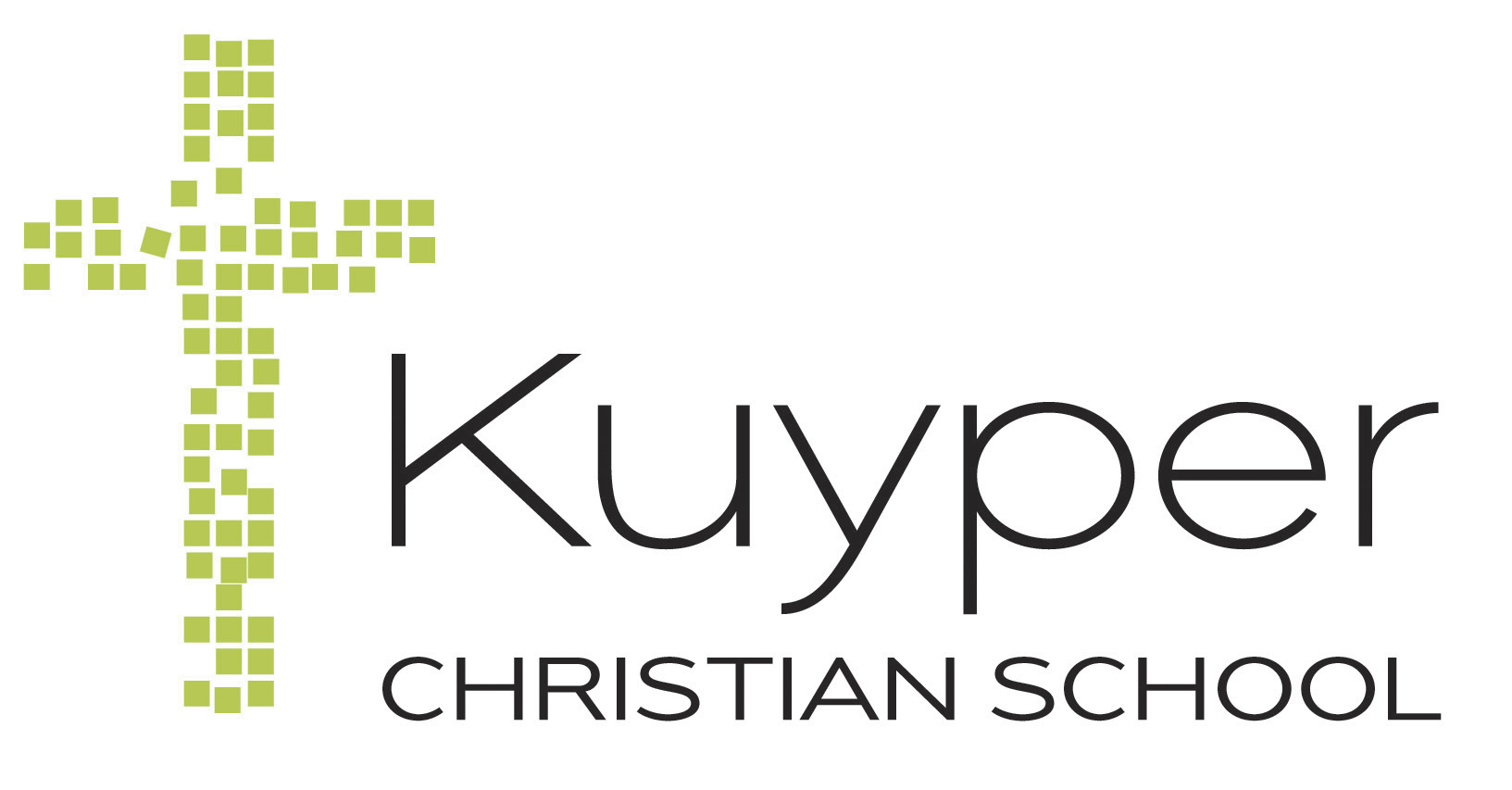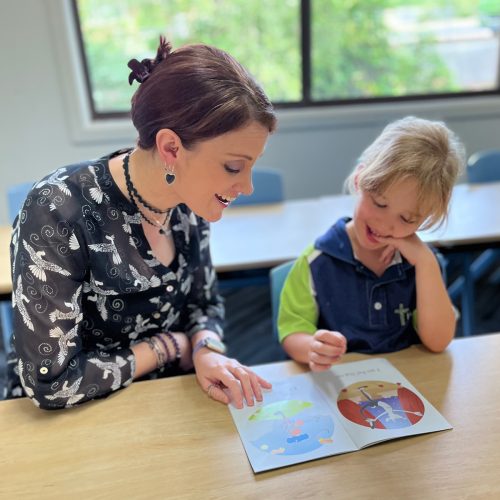Kaelene McCaull, Head of P-6 and Director of Teacher Development
Partnership with parents is important to us at Kuyper as we work to support you in the education of your precious children. This partnership enhances all learning but is especially the case when it comes to building the essential skill of literacy.
When we use the term literacy in an educational context, we are not just talking about reading. Literacy learning involves reading, writing, spelling, handwriting, grammar, and speaking and listening. Sounds like a lot, doesn’t it?
It is! That is why we dedicate a significant part of every primary school day at Kuyper to explicit literacy learning and weave literacy skills into all the subjects taught from Kindergarten to Year 12.
Over the next two weeks, I would like to focus on the literacy skill of reading, specifically, how we teach reading at Kuyper and how parents can support their children’s learning in this vital area.
Reading is a crucial skill. It affects every area of learning and has a significant impact on our ability to engage with others and the world around us. Reading helps us learn new information and share ideas, new knowledge, and events happening around us. It helps us to function independently in society and can be a source of much enjoyment.
Importantly, reading allows us to personally interact with God’s word, the Bible, and to hear and understand Him for ourselves.
Different nations have undertaken three very extensive studies into how children learn to read. In 2000, the USA conducted ‘The National Reading Panel’; in 2005, Australia conducted the ‘National Inquiry into the Teaching of Literacy’; and in 2006, the UK undertook an ‘Independent Review of the Teaching of Early Reading’. Interestingly, all three studies arrived at the same findings about the fundamental elements of learning to read. This research, along with many other studies, now form a body of research known as the Science of Reading.
The research behind the science of reading identifies five fundamental elements of reading that students must be explicitly taught to become competent readers.
Phonemic awareness
The ability to identify and manipulate individual sounds (phonemes) in spoken words.
Phonics
The relationship between the sounds of the spoken language (phonemes) and the letters (graphemes) or groups of letters or syllables of the written language.
Fluency
Both the pace at which we read and the smoothness with which we read. It involves skills like pausing at the correct places and using appropriate expression.
Vocabulary
The words students know, understand, and use.
Comprehension
The strategies and skills students possess to understand the words they are reading and how they connect to form ideas and messages
Our reading programs at Kuyper are designed to cover all five of these essential elements. They are taught in an explicit and systematic way, progressively building on easier skills to develop more complex skills. But, like any complex skill, practice makes perfect! Reading and writing are very complex skills, and children will need several years to develop into proficient readers and writers. In this area, parent partnership is a tremendous benefit to your children. The more reading practice we provide for our children at home and school, the more we help them develop and master reading skills.
Reading is an incredible skill we have the privilege of teaching our children. Next week, I will discuss the specific learn-to-read program we use in our K-2 classes at Kuyper and how parents can support their children’s literacy learning at home.

